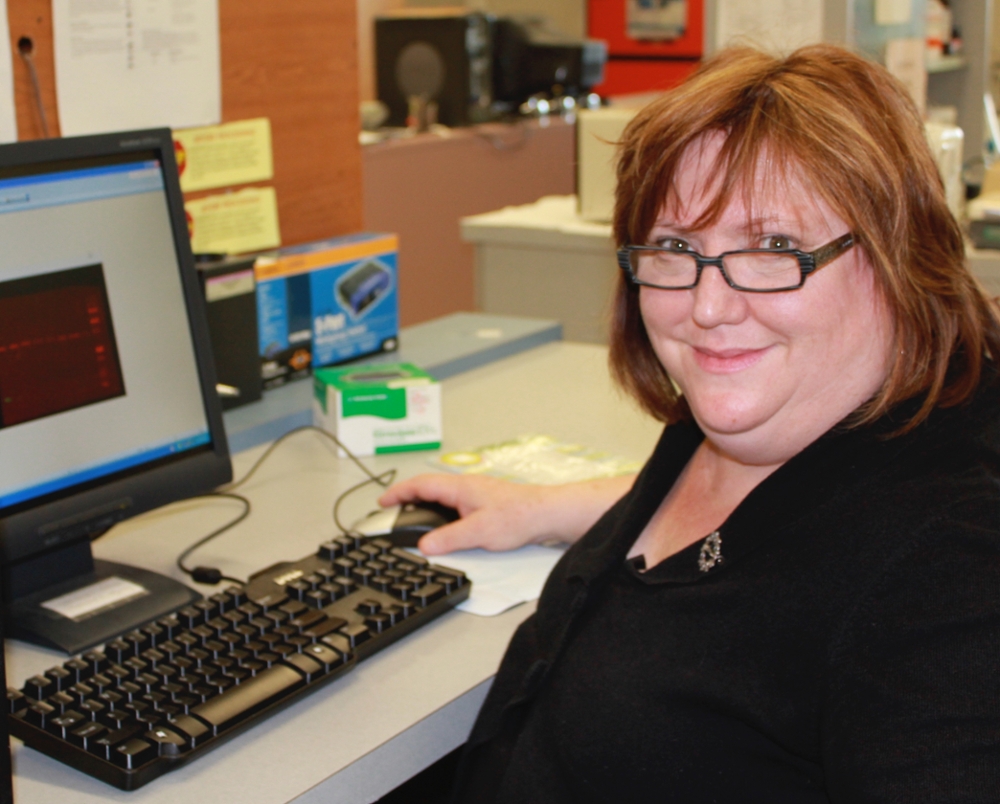
Women in Leadership: Valerie Verge
As director of the Cameco MS Neuroscience Research Centre, Dr. Valerie Verge (PhD) reflects on the opportunities she received and her determination to create an environment of mutual respect.
By Erin Prosser-LooseMarch 8 is recognized as International Women’s Day, and the theme for 2021 is, “Women in leadership: Achieving an equal future in a COVID-19 world."
Taking our cue on that theme, we are profiling women in leadership at the College of Medicine, selecting from a variety of positions, including learners, staff, faculty, and senior administration.
What is your current position and/or leadership role/title?
I am a Professor in the Department of Anatomy, Physiology and Pharmacology and the Director of the College of Medicine Cameco MS Neuroscience Research Centre. I am also an emerita Medical Research Council of Canada Scholar and Fellow and Past President of the Canadian Association for Neuroscience.
I serve/have served on many national grant review committees and some of the top policy forming MRC and CIHR committees. In addition, I serve/have served on several international Society for Neuroscience committees, including ones where I am/was the Canadian Neuroscience representative.
Describe one barrier you experienced, and something that helped you overcome that (or another) barrier, in your journey to leadership?
I have been very fortunate to have had many strong mentors/world leaders in the neuroscience community (mostly male) who have supported my advancement, provided me with many early opportunities with respect to positions (have been headhunted many times), invited me to be a voice on influential committees and to assume national leadership roles. I have had very few barriers.
That being said, I have worked very hard to create opportunity and an environment of mutual respect. The only barrier that I experienced was my initial inability to effectively advocate on behalf of myself when negotiating terms of employment. This is an area that I wish I had been mentored on but was too shy to seek advice on at the time. As I became more familiar with how things were done, I made it a point to mentor colleagues and young scientists applying for positions about this.
How do you think COVID-19 has affected women's progress in your field or the workplace in general?
COVID-19 has imposed considerable challenges for anyone who is also a caregiver and/or has had to assume additional teaching and daytime care for their children at home. It becomes very difficult to set aside solely work-dedicated hours, when you wear multiple hats at the same time.
This is especially true in households where there is not an equitable division of these duties. There are many activities in science that require laser-like focus and this is not feasible if you cannot set aside these dedicated hours. Thus, progress and productivity will be impacted during this time. The fear is that you will be penalized by grant review and employment committees, even if there are guidelines instructing to do otherwise.
What advice would you have for people (of any gender) in leadership who wish to be allies in advancing women in the workplace?
Do not be afraid to exert your voice but try to not create an environment where people of different genders are viewed as different – healthy relationships are critical. We are trying to bring people together in a scientific environment where it is the mind that is held in the utmost regard and not to create divisions that might not otherwise arise.
Try to develop strategies to identify when there are inequities and put in place actual measures on how to deal with them and not just say that they should be recognized. We are always stronger when diverse insights are brought to a table.
